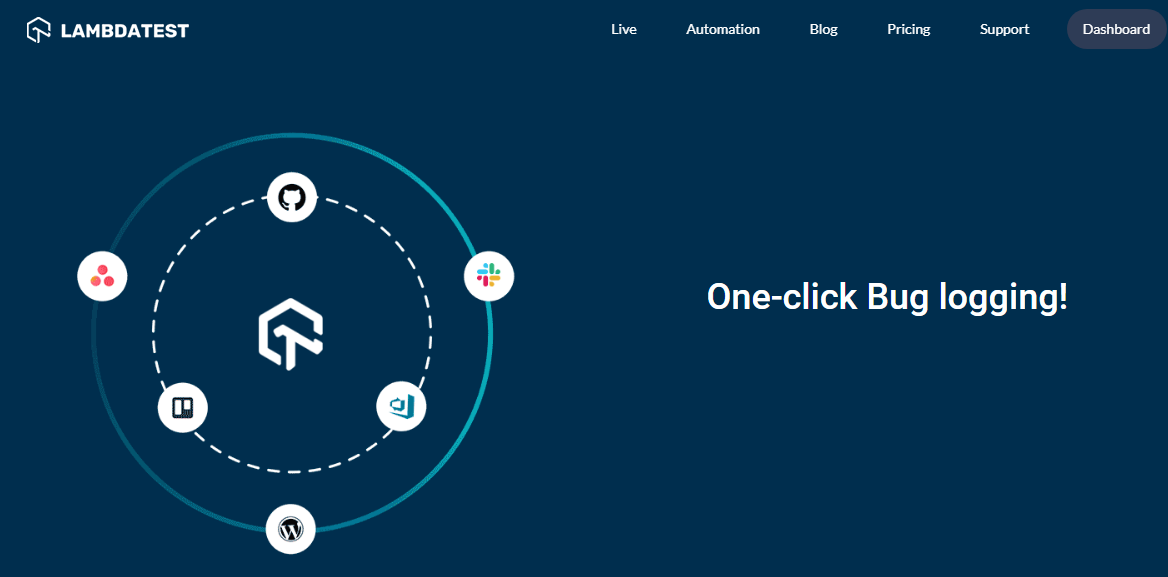The advancement of technology has reshaped the way individuals seek and offer support within peer networks. Live chatrooms has emerged as a critical component, offering immediate, interactive communication among people who are seeking validation, advice, or a friendly ear. It transcends traditional barriers and fosters connections that are not limited by geographies or time zones. Keep reading to understand how chat is revolutionizing peer support networks for the better.
Understanding the Role of Live Chatrooms in Modern Peer Support Networks

Peer support networks have traditionally relied on face-to-face interactions or asynchronous communications such as emails and forums. The advent of live chatrooms has introduced a dynamic shift toward in-the-moment support. By facilitating immediate dialogue, it accommodates individuals needing urgent attention or those who prefer instant feedback over delayed responses.
This immediacy transcends the constraints of time and distance, broadening the availability of support. People can now interact in a way that feels both personal and direct, without the need to schedule appointments or wait for replies. The spontaneity of live chatrooms also allows for the organic flow of conversation, mirroring natural interactions.
Integrating live chat online technology, these networks are not only modernizing peer support but also ensuring that support is more inclusive and immediately available. This paves the way for a more connected and empathetic community, equipped to provide extra help with a wide array of challenges. Those in need of support can easily reach out to a crisis counselor or speak to peers via a browser chat rooms. The browser chat screen connects individuals to others who can provide help.
Enhancing Accessibility and Anonymity Through Chat Features
The appeal of chat rooms in peer support networks is partly due to its ability to offer users greater accessibility. Individuals with mobility issues, those living in remote areas, or even those with time constraints can easily access support with just a few clicks. The simplicity and convenience of chat rooms enable more people to reach out for extra help.
Anonymity is another influential aspect of online chat systems. Many individuals are reluctant to seek help due to the stigma associated with their problems. Live chat allows users to share their thoughts and feelings without disclosing their identity, creating a judgment-free zone that can be vital for open communication.
The anonymity of online chat also appeals to those who may feel uncomfortable with face-to-face discussions. It provides a safe buffer, minimizing social anxiety and enabling honest discourse. This is essential for effective peer support, where authenticity in sharing experiences can lead to better understanding and assistance.
Real-Time Assistance and Its Impact on Peer-to-Peer Interactions
Real-time assistance through online chat dramatically impacts the quality of peer-to-peer interactions. As members of support networks share and respond to each other’s challenges, the immediacy of chat facilitates a more empathetic and responsive environment. It fosters a sense of urgency and attention that can be incredibly affirming.
When people engage in real-time, they can provide instant validation and comfort, which can be pivotal in moments of crisis. The solidarity of a timely response tells a person in distress that they are not alone, that their struggles are heard, and that help is available when they need it most.
Moreover, the back-and-forth nature of online chat encourages more dynamic and engrossing conversations, which can enhance problem-solving skills and advice-giving. As participants exchange ideas and experiences, the collective wisdom of the group can be a powerful source of inspiration and learning.
Building a Community Around Chat-Enabled Support Systems

The integration of chat rooms into support systems has a profound effect on community building. The continuous nature of chat forums allows for ongoing dialogue, which helps in establishing a more cohesive and engaged community. People begin to recognize regular contributors, fostering familiarity and comfort within the network.
Communities shaped around online chat platforms with social media accounts are often more dynamic due to the flow of conversation and the availability of members to engage at various times. This ensures that new members can integrate more easily and actively participate from the onset, as there’s always someone to chat with, any time of the day or night.
Overall, online chat has proven to be an indispensable tool in strengthening peer support networks. By offering immediate, accessible, and customizable support, it helps build more resilient communities and enhances the well-being of their members. As technology continues to evolve, so too will the capabilities of chat to facilitate even more engaging and effective peer support experiences.








